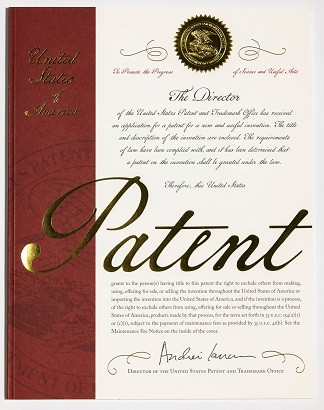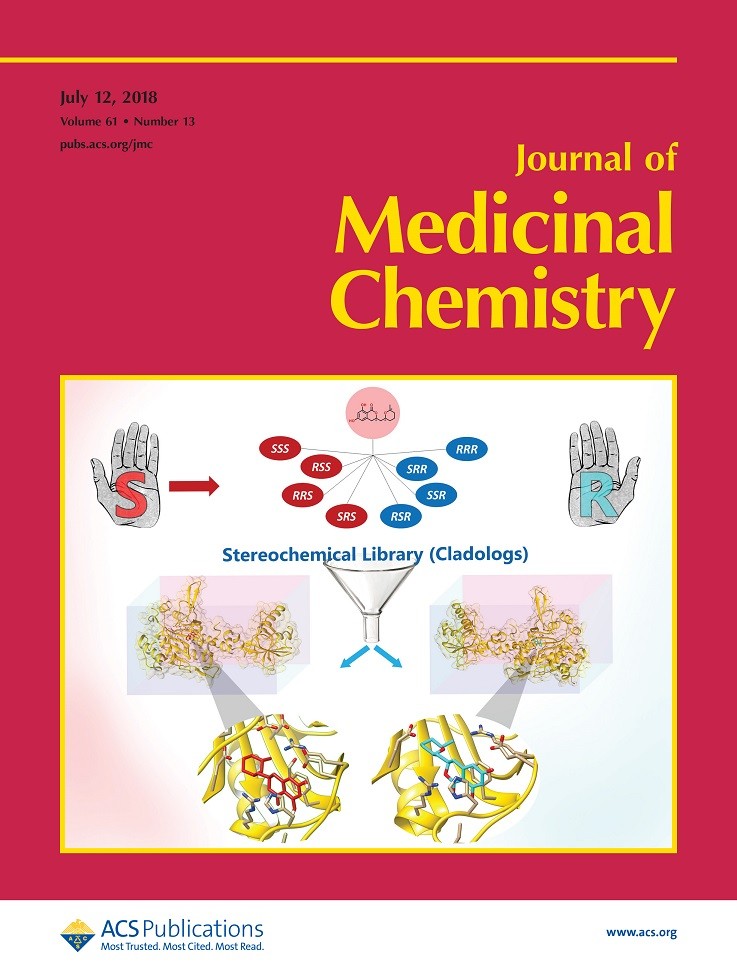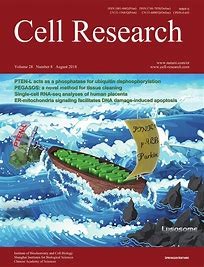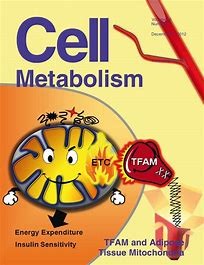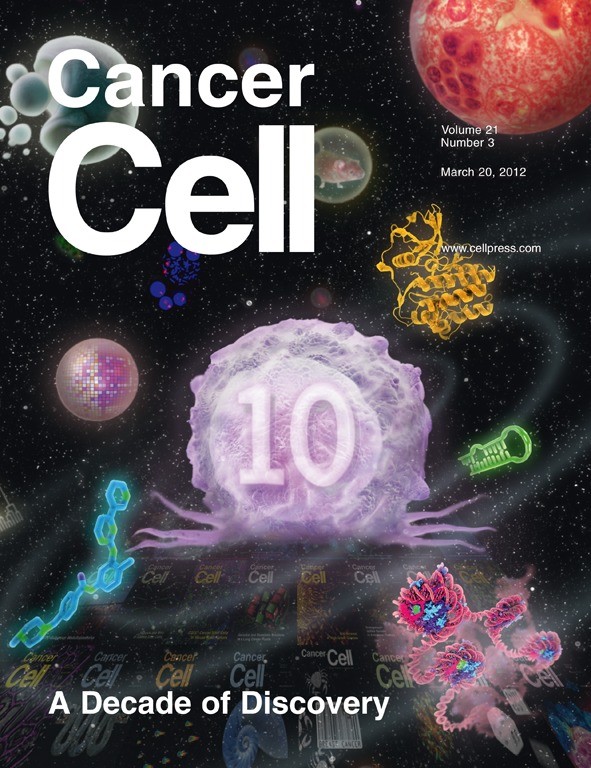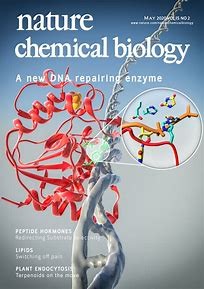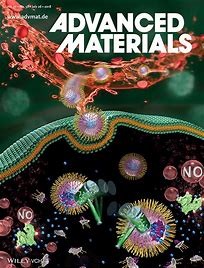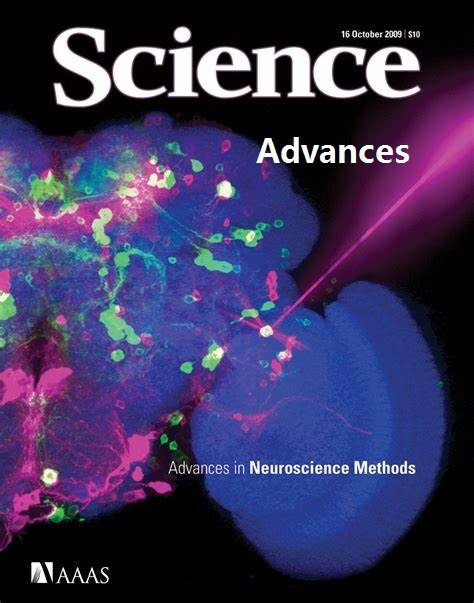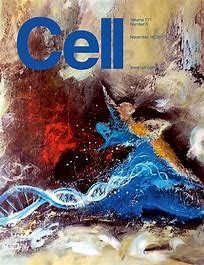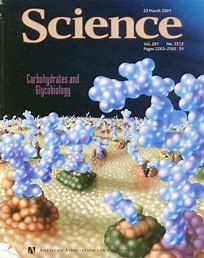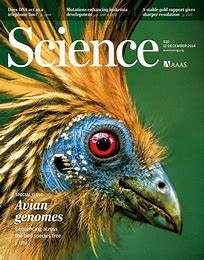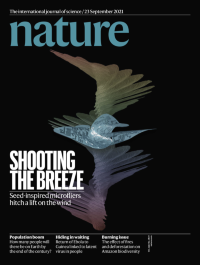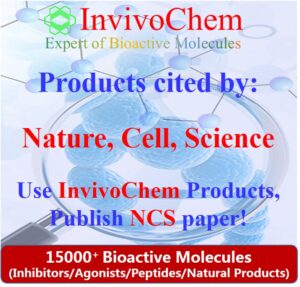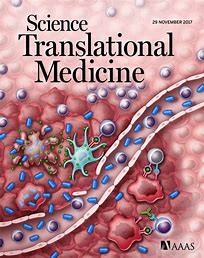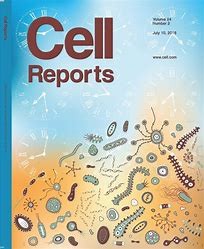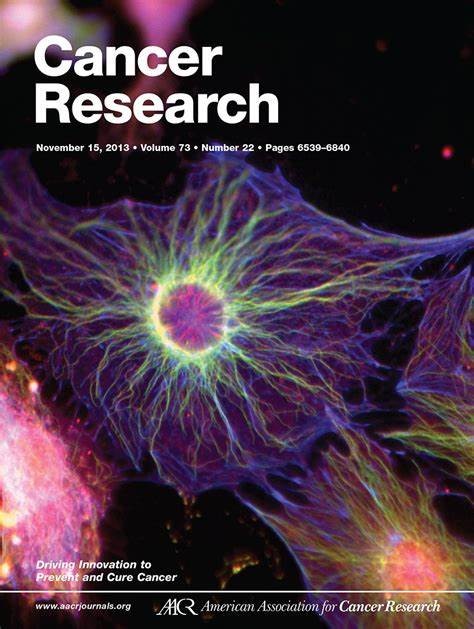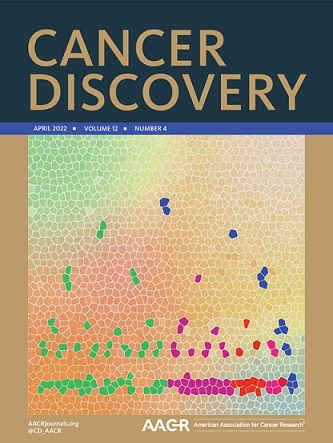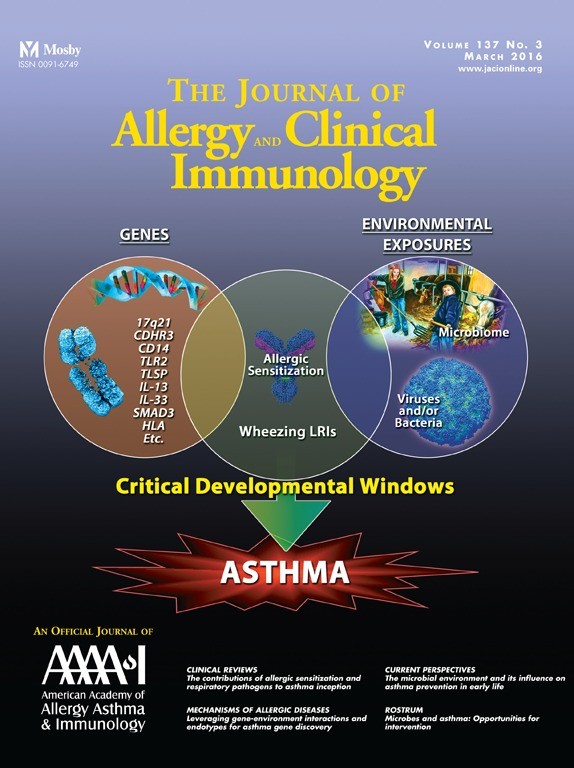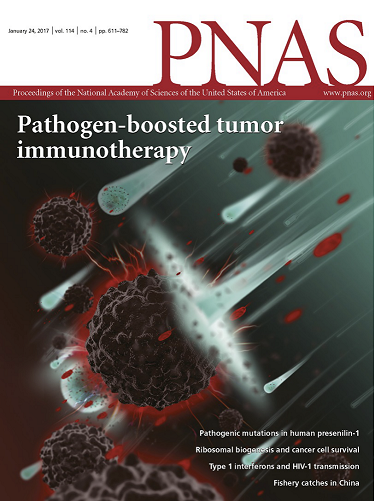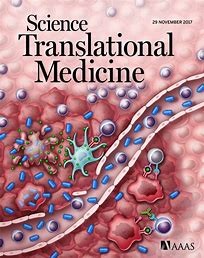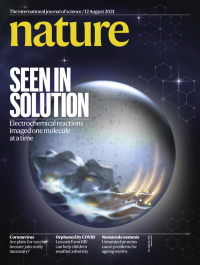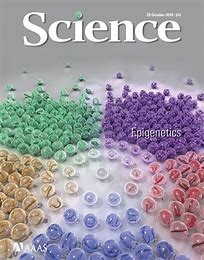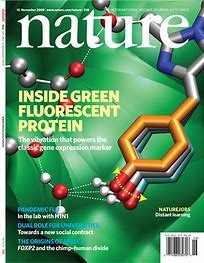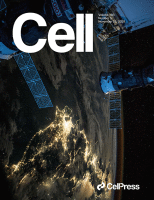N-Desethyl Sunitinib (SU-11662)
This product is for research use only, not for human use. We do not sell to patients.
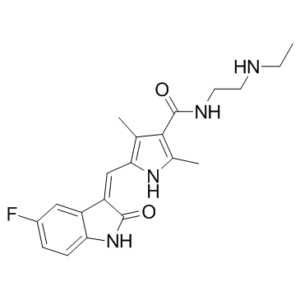
For small sizes, please check our retail website as below: www.invivochem.com
| Size | Price | Stock |
|---|---|---|
| 100mg | $1550 | Check With Us |
| 200mg | $2325 | Check With Us |
| 500mg | $3925 | Check With Us |
Cat #: V30776 CAS #: 356068-97-8 Purity ≥ 99%
Description: N-Desethyl Sunitinib (SU-11662) is a major metabolite of sunitinib which is a potent, ATP-competitive VEGFR, PDGFRβ and KIT inhibitor with Kis of 2, 9, 17, 8 and 4 nM for VEGFR -1, -2, -3, PDGFRβ and KIT, respectively.
Top Publications Citing Invivochem Products
Publications Citing InvivoChem Products
Product Promise

- Physicochemical and Storage Information
- Protocol
- Related Biological Data
- Stock Solution Preparation
- Quality Control Documentation
| Molecular Weight (MW) | 370.42 |
|---|---|
| Molecular Formula | C20H23FN4O2 |
| CAS No. | 356068-97-8 |
| Synonyms | N-Desethyl Sunitinib |
| Protocol | In Vitro | Sunitinib also potently inhibits Kit and FLT-3. |
|---|---|---|
| In Vivo | Sunitinib (20-80 mg/kg/day) exhibits broad and potent dose-dependent anti-tumor activity against a variety of tumor xenograft models including HT-29, A431, Colo205, H-460, SF763T, C6, A375, or MDA-MB-435, consistent with the substantial and selective inhibition of VEGFR2 or PDGFR phosphorylation and signaling in vivo. Sunitinib (80 mg/kg/day) for 21 days leads to complete tumor regression in six of eight mice, without tumor re-growing during a 110-day observation period after the end of treatment. Second round of treatment with Sunitinib remains efficacious against tumors that are not fully regressed during the first round of treatment. Sunitinib treatment results in significant decrease in tumor MVD, with appr 40% reduction in SF763T glioma tumors. SU11248 treatment results in a complete inhibition of additional tumor growth of luciferase-expressing PC-3M xenografts, despite no reduction in tumor size. |
These protocols are for reference only. InvivoChem does not
independently validate these methods.
| Solvent volume to be added | Mass (the weight of a compound) | |||
|---|---|---|---|---|
| Mother liquor concentration | 1mg | 5mg | 10mg | 20mg |
| 1mM | 2.6996 mL | 13.4982 mL | 26.9964 mL | 53.9928 mL |
| 5mM | 0.5399 mL | 2.6996 mL | 5.3993 mL | 10.7986 mL |
| 10mM | 0.2700 mL | 1.3498 mL | 2.6996 mL | 5.3993 mL |
| 20mM | 0.1350 mL | 0.6749 mL | 1.3498 mL | 2.6996 mL |
The molarity calculator equation
Mass(g) = Concentration(mol/L) × Volume(L) × Molecular Weight(g/mol)
Mass
=
Concentration
×
Volume
×
Molecular Weight*
The dilution calculator equation
Concentration(start)
×
Volume(start)
=
Concentration(final)
×
Volume(final)
This equation is commonly abbreviated as: C1 V1 = C2 V2
Concentration(start)
C1
×
Volume(start)
V1
=
Concentration(final)
C2
×
Volume(final)
V2
Step One: Enter information below
Dosage mg/kg
Average weight of animals g
Dosing volume per animal µL
Number of animals
Step Two: Enter the in vivo formulation
%DMSO
+
%
+
%Tween 80
+
%ddH2O
Calculation Results:
Working concentration:
mg/ml;
Method for preparing DMSO master liquid:
mg
drug pre-dissolved in
µL
DMSO(Master liquid concentration
mg/mL)
,Please contact us first if the concentration exceeds the DMSO solubility of the batch of drug.
Method for preparing in vivo formulation:
Take
µL
DMSO master liquid, next add
µL
PEG300, mix and clarify, next add
µL
Tween 80,mix and clarify, next add
µL
ddH2O,mix and clarify.
Note:
- (1) Please be sure that the solution is clear before the addition of next solvent. Dissolution methods like vortex, ultrasound or warming and heat may be used to aid dissolving.
- (2) Be sure to add the solvent(s) in order.
